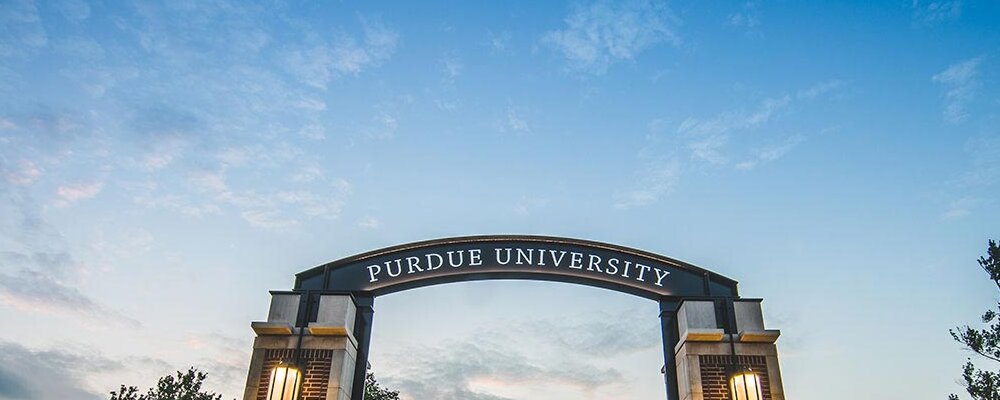
NSF Workshop on Sustainable Computing
AI, Water, and Biodiversity
AI, Water, and Biodiversity
August 20-21, 2024
Purdue University, West Lafayette, IN
Purdue University, West Lafayette, IN
| Home | Application | Program | Location | Accommodation | Family Care |
| Time | Event |
|---|---|
| 7:30 – 9:30 AM | Registration [STEW 214] |
| 8:00 – 9:00 AM | Networking Breakfast [STEW 214] |
| 9:00 – 9:20 AM | Welcome openning: Co-chairs [STEW 206] |
| 9:20 – 9:30 AM | Welcome: Heads of Civil and Construction Engineering & Electrical and Computer Engineering [STEW 206] |
| 9:30 – 10:30 AM | Keynote 1: Chandra Krintz (University of California, Santa Barbara) [STEW 206] |
| 10:30 – 10:40 AM | Coffee break [STEW 214] |
| 10:40 – 11:00 AM | Welcome: Institute for a Sustainable Future [STEW 206] |
| 11:00 – 11:30 AM | Invited Talk 1: Shaolei Ren (University of California, Riverside) [STEW 206] |
| 11:30 – 12:30 PM | Poster session [STEW 214] |
| 12:30 – 1:45 PM | Lunch [Purdue Memorial Union Downstairs Restaurants (101 Grant St, West Lafayette, IN 47906)] |
| 1:45 – 3:00 PM | Concurrent breakout sessions [STEW 218AB, 218CD, 279, 206] Goals: describe current state of knowledge and identify gaps |
| 3:00 – 3:10 PM | Coffee break [STEW 214] |
| 3:10 – 4:00 PM | Report outs from breakout sessions [STEW 206] Goals: refine discussion and identify cross-topic connections |
| 4:00 – 4:30 PM | NSF program announcements: James Fowler (NSF) [STEW 206] |
| 5:00 – 7:00 PM | Evening reception [John Purdue Room/Marriott Hall (900 Mitch Daniels Blvd, West Lafayette, IN 47907)] |
| Time | Event |
|---|---|
| 8:00 – 9:00 AM | Networking Breakfast [STEW 214] |
| 9:00 – 9:10 AM | Welcome: Vice President of Research [STEW 206] |
| 9:10 – 9:20 AM | Welcome: Semiconductors@Purdue [STEW 206] |
| 9:20 – 10:00 AM | Keynote 2: Andrew A. Chien (University of Chicago and Argonne National Laboratory) [STEW 206] |
| 10:00 – 10:30 AM | Invited Talk 2: Teresa Nick (Microsoft) [STEW 206] |
| 10:30 – 11:30 AM | Concurrent breakout sessions [STEW 218AB, 218CD, 279, 206] Goals: address knowledge gaps and initial formation of research teams |
| 11:30 – 11:35 AM | Coffee break [STEW 214] |
| 11:35 – 12:00 PM | Invited Talk 3: Ben Townsend (Google) [STEW 206] |
| 12:00 – 1:00 PM | Lunch [Purdue Memorial Union Downstairs Restaurants (101 Grant St, West Lafayette, IN 47906)] |
| 1:00 – 1:40 PM | CHIPS funding opportunities: Scott Shepard (National Institute of Standards and Technology) [STEW 206] |
| 1:40 – 1:45 PM | Coffee break [STEW 214] |
| 1:45 – 3:00 PM | Concurrent breakout sessions [STEW 218AB, 218CD, 279, 206] Goals: development of concept papers for research projects |
| 3:00 – 3:30 PM | Report outs from breakout sessions and further formation of working groups [STEW 206] |
| 3:30 – 3:40 PM | Closing remarks: Co-chairs [STEW 206] |